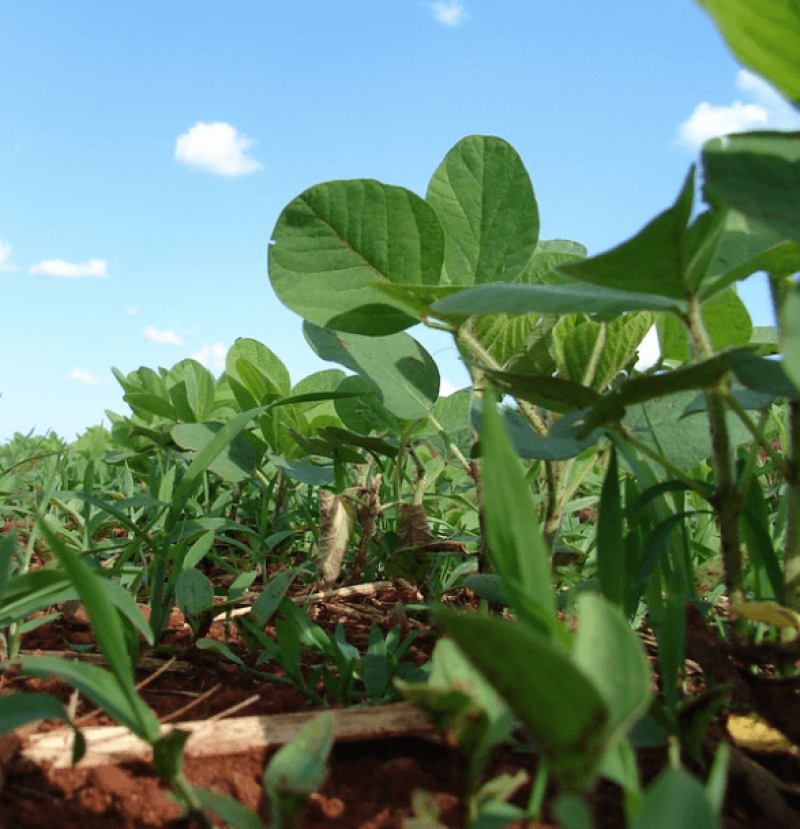The GLP aggregated and excerpted this blog/article to reflect the diversity of news, opinion and analysis.
Monsanto Co.’s new Intacta soybeans are not only killing bugs on Brazilian farms. They’re crushing demand for insecticides made by competitors DuPont Co. and FMC Corp.
Intacta soybeans, which are genetically engineered for the Latin America market to produce their own insecticide, will be planted on 35 million acres during the current growing season, . . . That exceeds the company’s 30 million-acre forecast and is more than double the 15 million acres planted last year.
Intacta’s success is hurting pesticide makers. DuPont last week said it won’t restart a Texas factory that makes Lannate insecticide partly because “insect resistant crops” have eroded sales. Intacta is causing “a structural shift in demand” for certain above-ground insecticides, said Brett Wong, an analyst at Piper Jaffray. The seeds are taking sales from chemical producers such as FMC, Dow Chemical Co., Syngenta AG and Bayer AG, he said.
. . . .
The intensity of crop-chomping bugs probably makes Brazil the largest insecticide market in the world, said Wong, who toured the country last week. Soybean growers in northern Brazil who normally make six to 10 insecticide applications a season require only one or two sprays with Intacta crops. Farmers in the central part of the country have less insect pressure, but still cut insecticide use enough with Intacta beans to make the additional seed cost worth the investment, Wong said.
Read full, original post: Monsanto Killing DuPont Insecticide Sales With New Soybeans































